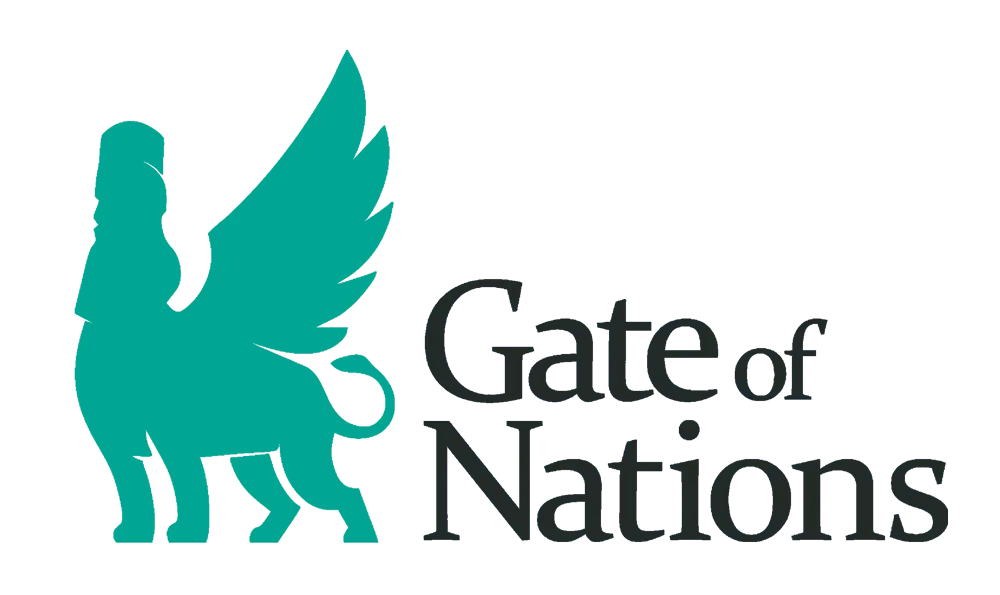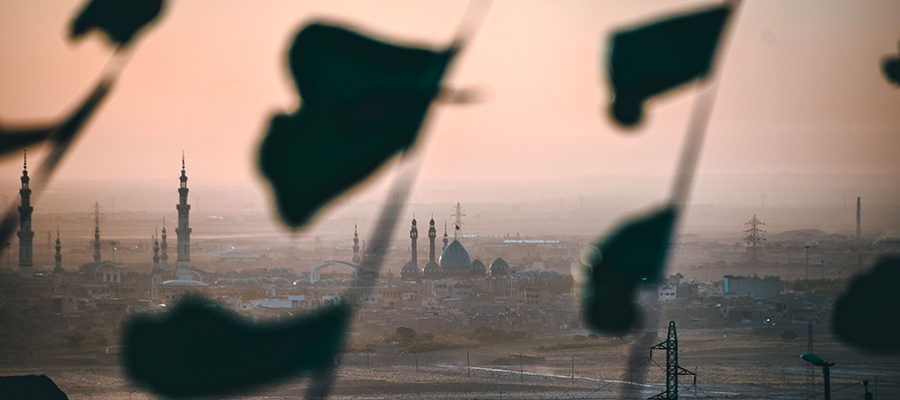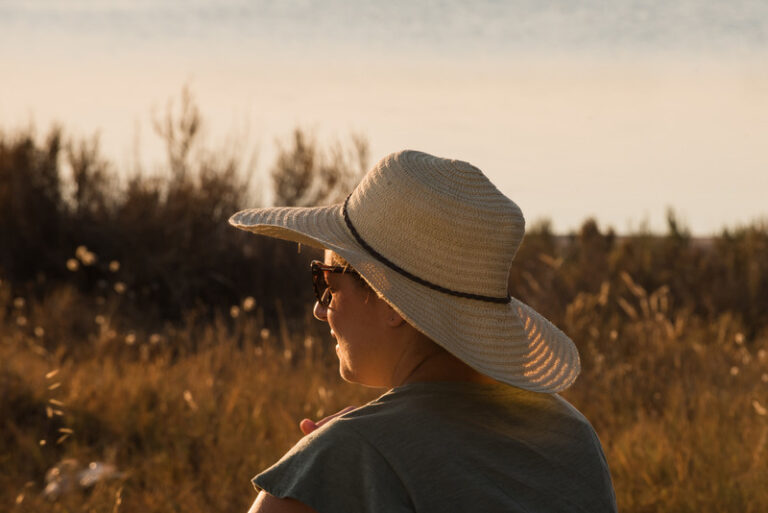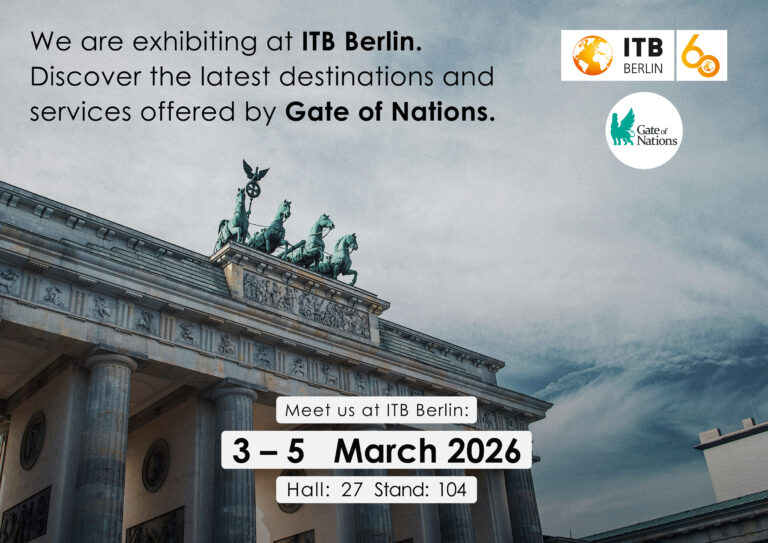Ramadan is a month of spiritual growth and fasting, and the ninth month in the Islamic calendar. This is a month dedicated for close attention to the spiritual side of life and it has its own religious and customary rituals. The most important ritual of Ramadan in Iran-or Ramezan as it is pronounced in Persian- is fasting. During Ramadan the practicing Muslims fast, they do not eat or drink and also do not smoke tobacco or have sex from sunrise to sundown. These restrictions are followed with more internal rules and orders like not lying strictly, or spending more time for prayer, reading the Holy Quran and trying to help others as much as you can.
The fasting ritual of Ramadan in Iran alters people’s mealtimes and brings with it a whole customs and traditions specific to Ramadan. People fast during the day and have a meal at sunset called Eftar or Iftar and usually, they have family gatherings or parties and spend time socializing until late at night or even until just before sunrise when they have their next meal named Sahari.
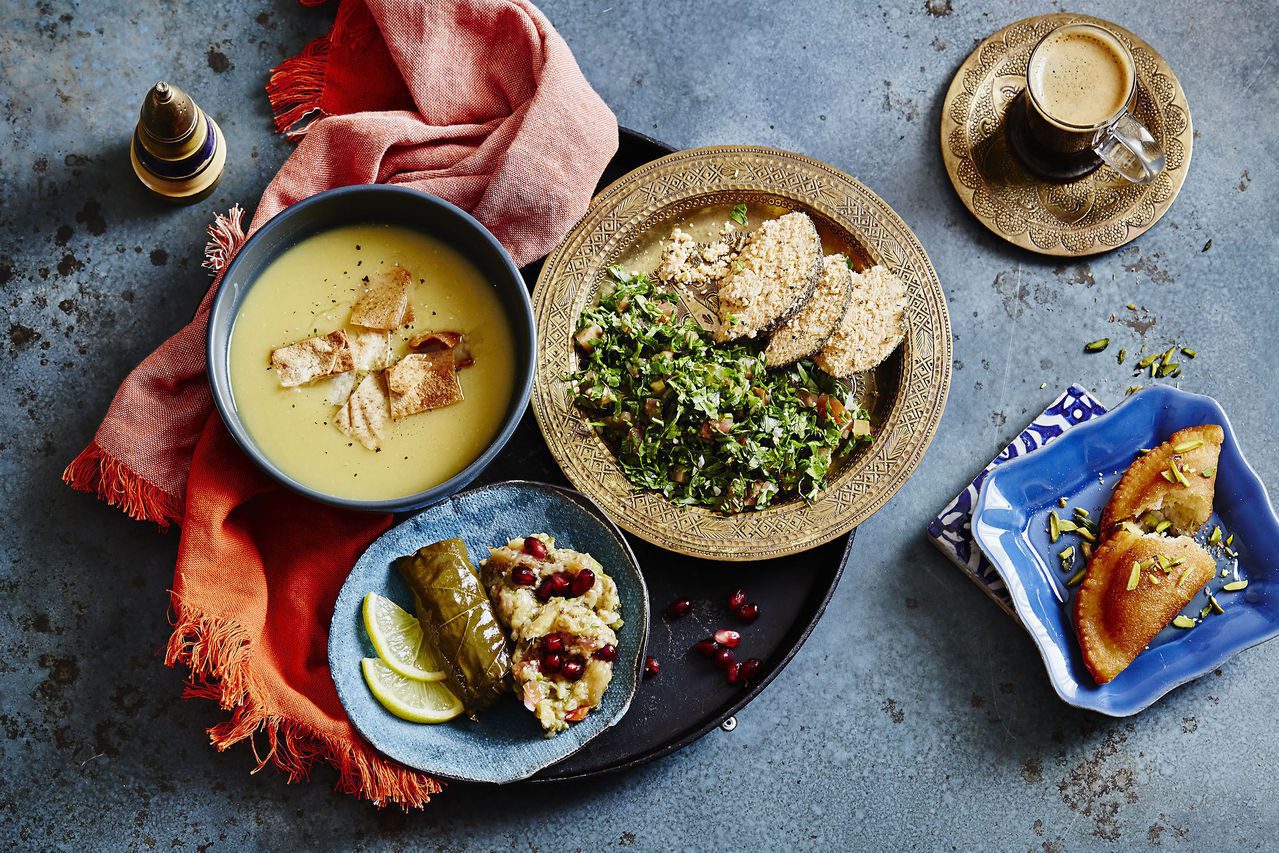
What does Ramadan in Iran have to do with you as a tourist?
First of all, Ramadan is a month in the Islamic calendar, which is a lunar calendar, so its dates are not fixed in the more common solar calendar. The next thing you should be aware of is that during this month, eating and drinking and smoking in public is prohibited in Iran. Of course, you are a tourist and if you have something to eat in a public place there might be just a notice for you, or police might ask you to finish your meal somewhere private, but you should be aware of these prohibitions. So, it is much better to find a not so crowded place to eat or drink. During Ramadan in iran, many of the restaurants and food stalls are closed during the day and the rest might just serve take-out foods but International hotels serve food to their guests.
Banks, administrations and other public organizations work almost as usual during these days but on some special days during Ramadan, they might start their work with one -or two- hours delay.
These restrictions are for during the day and after the sunset –Maghreb– not only there is no prohibition on eating and drinking, but there are many foods and drinks that you can find only during Ramadan. You can find various dishes specific to Ramadan, like all types of soups and stews or Aash and sweets like Zulbia-Bamih and many more. If you are planning to experience Ramadan in Iran make sure to test these foods and sweets which are very common and easy to find. After the Maghreb or sunset, big cities come to life and restaurants, cafes, shopping centers, and parks -especially in warmer seasons- are alive and full of people. This is a good time to experience the nightlife in Iran’s major cities.
